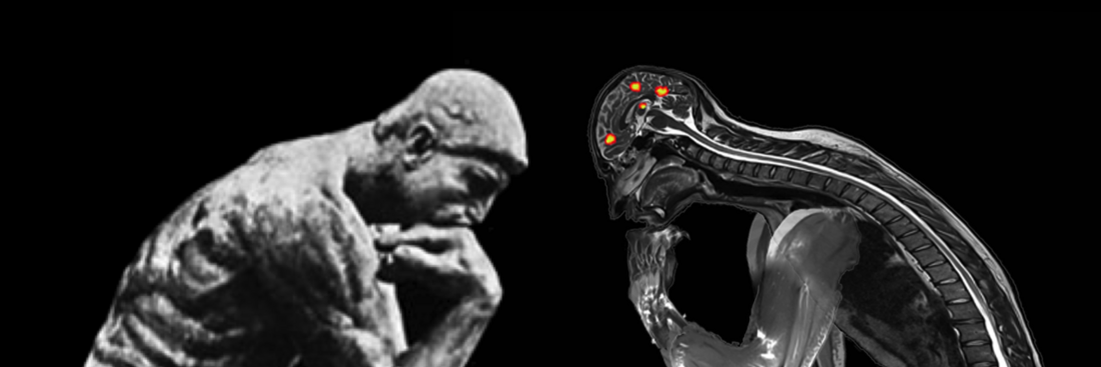


Asst Prof of Philosophy, Affiliate Faculty for Quantitative Social Science & Institute for AI at Stevens Institute of Technology (in the #NYC metro area).
Using science and technology to understand (and improve) decisions and well-being.
I use this site mostly for work (#CogSci, #Philosophy, #Rationality, #Teaching, #SciComm, and #rStats). I may ignore, unfollow, or even block other stuff.
Profile picture: not Neil Patrick Harris, but I'm told almost daily that I look like him.
This profile is from a federated server and may be incomplete. Browse more on the original instance.